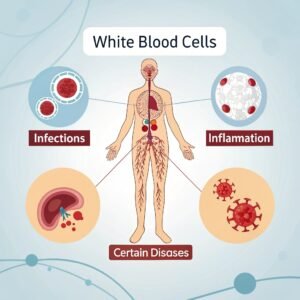The Hidden Risks of Eating Too Quickly.
The speed at which you eat can profoundly impact your metabolism, digestion, and overall health. Eating Speed vs. Metabolism is an increasingly relevant topic as studies show how meal pace influences calorie intake, satiety, and weight management. Understanding the differences between fast and slow eating can help you make healthier choices for your lifestyle.
Eating Speed vs. Metabolism: The Risks of Eating Quickly
Fast eaters often consume more food than needed because the brain takes about 20 minutes to register fullness. This delay can result in overeating, leading to weight gain and metabolic issues. Eating quickly may also overwhelm the digestive system, reducing its efficiency in breaking down food and absorbing nutrients. Over time, this can contribute to conditions like acid reflux and insulin resistance, further impacting metabolic health.
Eating Speed vs. Metabolism: The Benefits of Eating Slowly
Slow eaters, on the other hand, allow their bodies enough time to recognize when they are full, which helps prevent overeating. Eating slowly also enhances digestion, enabling better nutrient absorption and metabolic function. Studies suggest that slow eaters tend to have lower risks of obesity and related metabolic disorders. Moreover, mindful eating promotes a better relationship with food, reducing stress and fostering overall well-being.
Tips for Controlling Eating Speed
To align your eating habits with optimal metabolic health:
⦁ Chew thoroughly: Aim for 20–30 chews per bite.
⦁ Put down utensils: Rest your fork between bites to pace yourself.
⦁ Focus on food: Avoid distractions like TV or smartphones during meals.
⦁ Set a timer: Take at least 20 minutes to finish your meal.
Conclusion
The relationship between Eating Speed vs. Metabolism highlights the importance of mindful eating. Slowing down during meals can improve digestion, enhance nutrient absorption, and help maintain a healthy weight. By making small changes to your eating habits, you can positively influence your metabolism and overall health.
NOTE: – IT IS ALWAYS RECOMMENDED TO CONSULT YOUR HEALTH CARE PROFESSIONAL. ALL DATA SHARED HERE ARE FOR EDUCATIONAL PURPOSES ONLY.









